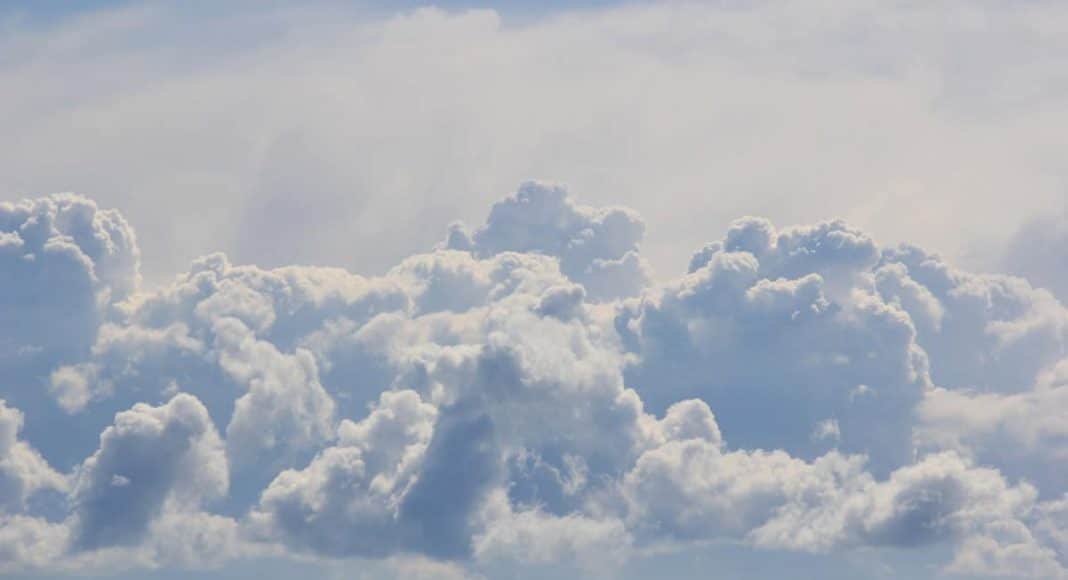It’s one of the many mysteries of cannabis: The herb helps millions of people get a good night’s sleep and it also suppresses the memory of your dreams. Is there any psychological or biological research supporting this phenomenon?
Most regular cannabis consumers have noticed that when they stop using the herb for a few days, their brains are flooded with vivid dreams. And newcomers to marijuana discover that remembering their dreams becomes difficult.
Sleep, after all, is one of the most common reasons many of us consume cannabis. And 40 million Americans report some sort of sleep disorder. Studies have shown that cannabis can improve the duration and quality of sleep. A 1973 study suggests that THC reduces the amount of time it takes those with insomnia to fall asleep. Another study found that those who regularly used THC fell asleep faster.
Lack of sleep is becoming a serious issue in the US The Centers for Disease Control and Prevention considers sleep apnea and other related disorders dangerously hidden public health issues. According to the CDC, “persons experiencing sleep insufficiency are also more likely to suffer from chronic diseases such as hypertension, diabetes, depression, and obesity, as well as from cancer, increased mortality, and reduced quality of life and productivity.”
There is a direct connection between cannabis and dreams. Here is how Dr. Hans Hamburger, a Dutch neurologist, somnologist explains it in an interview with VICE:
“Every night, you go through … a series of sleep cycles. Each cycle takes about ninety minutes, during which you go through different phases. There’s superficial sleep, deep sleep, and finally REM sleep. During that REM period, you have most of your dreams. You don’t usually remember your dreams if you continue sleeping. The last REM period just before you wake up takes the longest—and you’ll only remember the dreams you had in that time if you wake up during it. If you don’t wake up during the REM period, you won’t remember a thing.”
Cannabis interferes with the REM cycle, meaning you awake without remembering what was going through your mind while asleep. It’s not necessarily a bad thing for many people. For PTSD sufferers, cannabis helps remove negative or harmful nightmares from sneaking into your consciousness.
RELATED: Here’s The Science On Why Marijuana Makes You Sleepy
According to Dr. Hamburger:
“By smoking weed, you suppress the REM sleep, and with that you also suppress a lot of important functions of that REM sleep. One of those functions is reliving the things you have experienced and coming to terms with them, as it were. Processing all kinds of psychological influences is something you do in REM sleep. You also anticipate the things that will happen the next day or the days after that. While you’re sleeping, you already consider those and make decisions in advance.”
Alcohol, it should be noted, has the opposite effect. Going to bed drunk increases the odds of dream recall.
The bottom line is this: Cannabis will help most of us get a good night’s sleep. But if you keep a dream journal, you’ll probably have quite a few blank pages.


